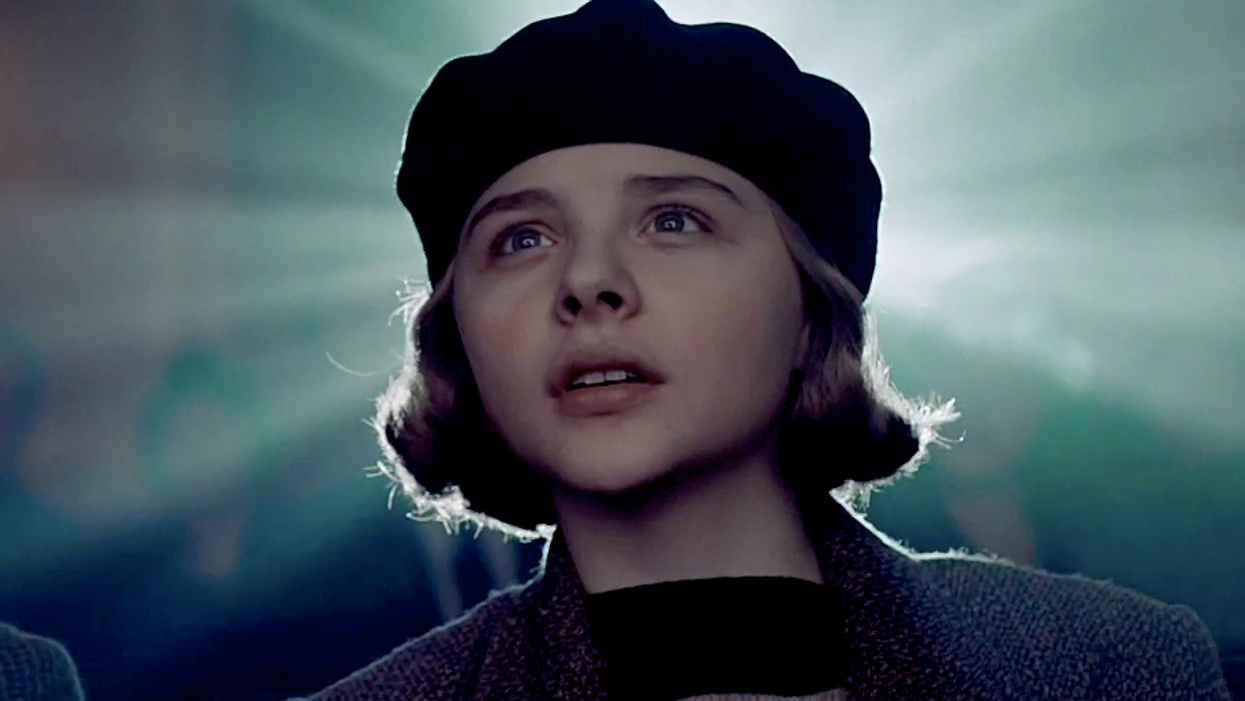Profound Words of Wisdom & Inspiration from the World's Best Cinematographers
Remember Zacuto's epic 2012 camera shootout? Outdated though the results of that shootout may seem two and a half years later, one well-crafted remnant remains more relevant and inspirational than ever.

During that incredibly complex production, in the presence of many of the world's finest DPs, Steve Weiss shot a supplemental documentary called "Light & Shadow" that is perhaps one of the finest pieces ever created about the intangibles of cinematography. We all know that the technical side of filmmaking can be learned by anyone, but the artistic choices made by history's most storied DPs reveal that there is far more to the craft than simply placing lights and cameras. There's an indescribable human element that informs each artistic choice we make, and being able to tap into that element for the purpose of visual storytelling (in the form of cinematography) is the most powerful tool at any DP's disposal.
If there's anything to be taken from this piece, it's something that most of us already know: fancy gear does not inherently result in the creation of memorable visual art. There's no debate that cinematography is a highly technical endeavor, and increasingly so as digital technology marches onward. However, as gear gets more advanced and more affordable, and as information about how to create technically competent imagery becomes widespread, it's becoming harder and harder for newcomers to distinguish themselves and their work from the massive catalogue of amateur visual content now freely available on every corner of the internet.
For that reason, up and coming cinematographers are facing a bit of a conundrum. The traditional advice for honing cinematography skills is to constantly be shooting. However, I'm going to go out on a limb here and say that personal and artistic growth are more important factors when it comes to developing a distinct and individual cinematographic voice.
Because film is an amalgamation of artistic mediums -- it's a one of a kind combination of photography, music, painting, theater, literature, and numerous other forms -- it stands to reason that well-rounded filmmakers should be versed in these mediums. Because psychology plays a unique role in how humans perceive and interpret imagery, cinematographers should have a grasp on the basics of psychology. And of course, since film history is replete with beautiful, well-constructed films that evoke every emotion imaginable, up and coming filmmakers should be aware of the cinematic ground that has been successfully treaded by their predecessors.
I would consider all of these endeavors to be important facets of becoming a stronger cinematographer, but there are more theories than can be counted regarding how to develop true filmmaking prowess. What would you recommend to young cinematographers looking to distinguish themselves from the pack? Let us know down in the comments!
Source: Zacuto - Light & Shadow











